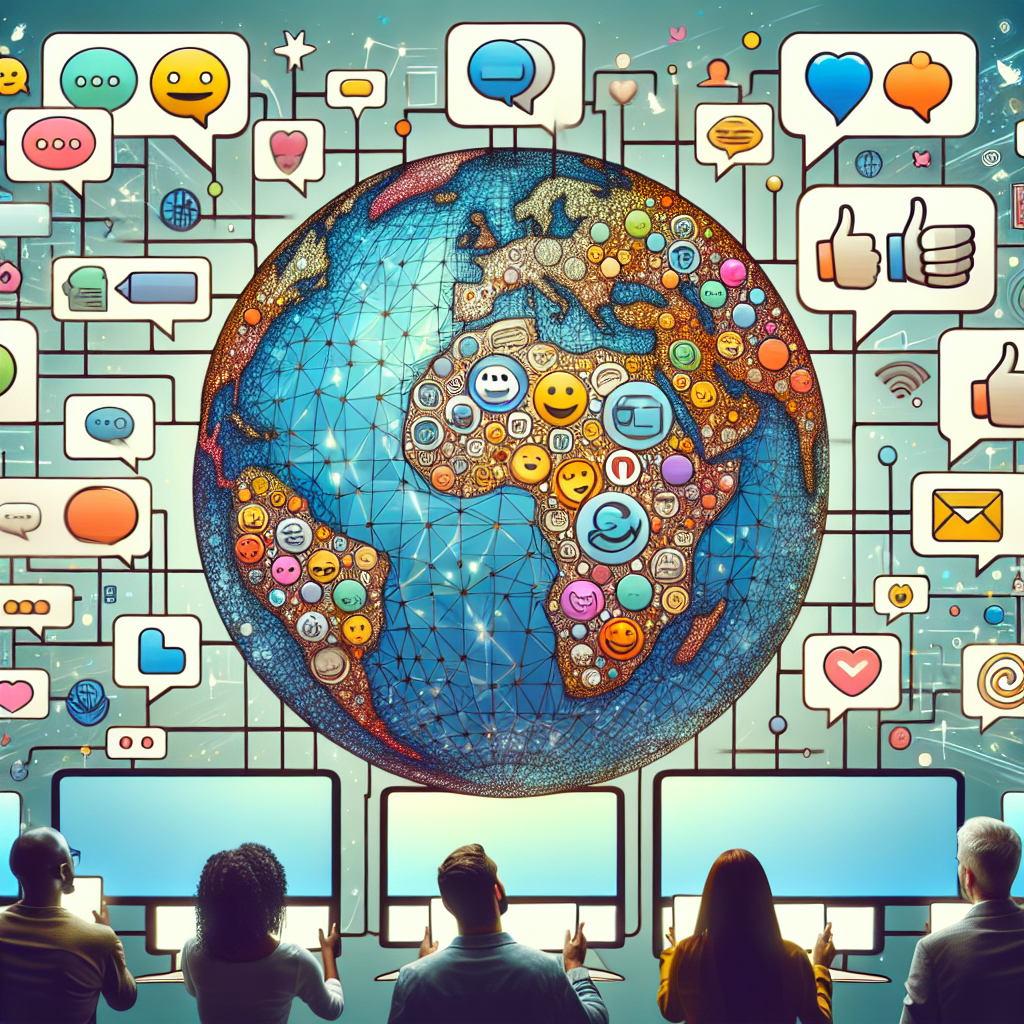With the incessant advent of technology, the way we communicate and interact with each other has undergone an immense change. The introduction of instant messaging changed the way people communicate around the globe. The beauty of instant messaging lies in the combination of the immediacy of a phone call with the convenience of email. Unlike traditional means, it allows you to be in control of how and when you communicate with others.
Emergence
The tools for instant messaging trace their roots back to the 1960s with the Compatible Time-Sharing System (CTSS), which facilitated multiple users to log into the IBM 7094 from remote dial-up terminals, enabling them to store messages for other users to view at their convenience. However, the concept of real-time online chat gained ground in the 1980s with the creation of Internet Relay Chat (IRC).
Evolution
The evolution of instant messaging is rather fascinating. From simple text messages, it has morphed into a multi-functional service enabling calls, video calls, image and file sharing, and even playing games. The first major player in the scene was AOL’s Instant Messenger (AIM). The year 1996 saw the debut of ICQ, followed by Yahoo Messenger in 1999, MSN Messenger in 1999, and the now-reigning champion, WhatsApp, in 2009.
Modern Instant Messaging Apps
In the modern era, one of the most popular forms of online communication is through apps like WhatsApp, Facebook Messenger, Google Hangouts, Skype, and more. These platforms have taken instant messaging to the next level by integrating features like group chats, voice and video calling, GIFs, stickers, and even payment options. Further, enterprise-based applications like Slack and Microsoft Teams are redefining team communication in workspaces.
Impact
Instant messaging technology has undoubtedly made communication more efficient and convenient. It has broken down geographical boundaries, making global communication accessible for everyone. However, with every advantage comes a set of disadvantages. It’s crucial to be aware of the implications this might have, including distraction, privacy concerns, cyberbullying, and more.
Future of Instant Messaging
From what we’ve seen, the future of instant messaging points towards integration. We see this in apps like Facebook Messenger and Instagram Direct blending, and Apple users able to reply to texts without shifting apps. This interplay of applications complementing each other for a seamless user experience is set to redefine how we perceive instant messaging.
The evolution of instant messaging has undeniably changed the dynamics of personal and professional communication. As we move forward more into a realm dominated by digital technologies, instant messaging is expected to be at the forefront. Whether it’s text messages or video calls, the world of instant messaging continues to expand and evolve. As users, all we can do is to adapt and integrate these tools into our daily lives, while also being mindfully aware of the effects it may have on our mental health, privacy, and overall well-being.
FAQs
- What is instant messaging?
Instant messaging is an internet-based service that allows real-time text transmission and media exchanges between two or more users. - How is instant messaging different from email?
Unlike emails that can be asynchronous, instant messaging is a synchronous mode of communication, making it real-time, which is similar to a conversation. - What are some popular instant messaging apps?
Some popular instant messaging apps include WhatsApp, Facebook Messenger, Google Hangouts, Skype, and Viber. - Is instant messaging secure?
While most instant messaging apps feature end-to-end encryption to secure your conversations, it’s essential to be careful with the information you share, as nothing is ever completely foolproof. - Can we use instant messaging for professional communication?
Yes, the rising popularity of apps like Slack and Microsoft Teams, designed specifically for professional communication, is proof of this.

